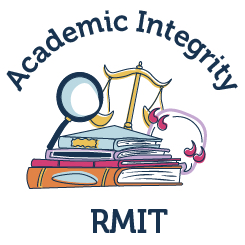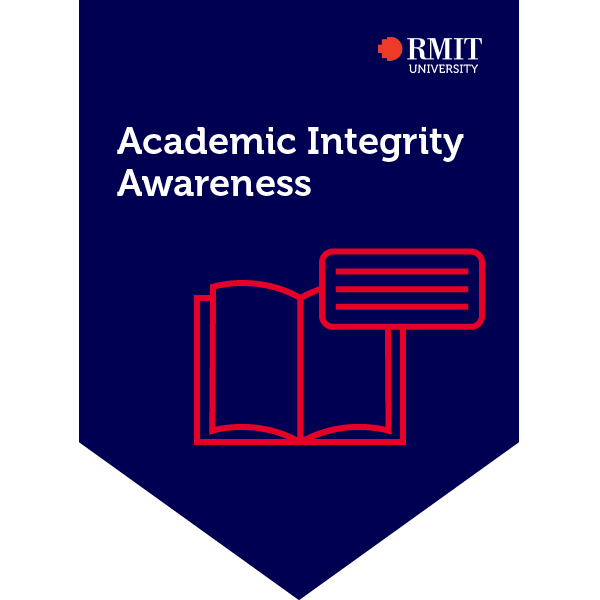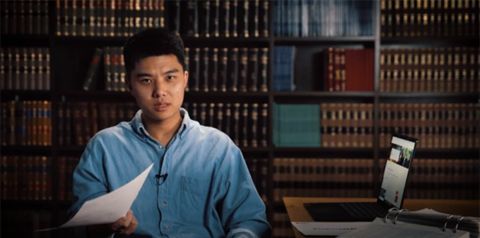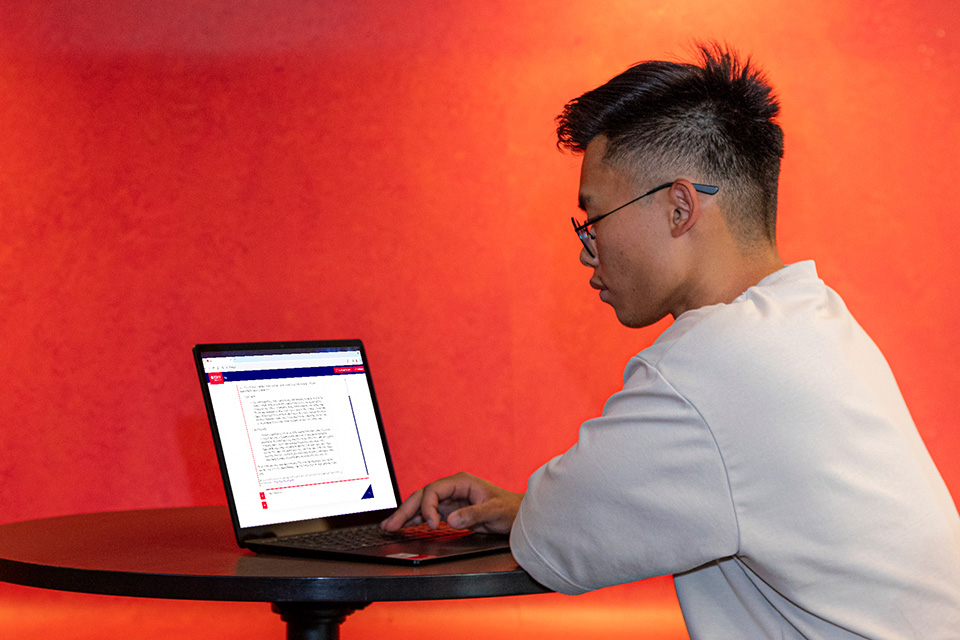[Audio] So, I was talking to a friend in the corridor after class, he'd asked me if I'd done the politics essay. I told him I hadn't yet, that I needed to do it.
Over the weekend. I was really stressed as I hadn't even managed to find references for it, and I had to work all weekend.
Then this other student pops into our convo and she says she'll do it for me. She said she'd done that assignment before and that it would be easy to do.
Even said she kept get me an HD. OK, sounds like a bit of a scam. I wondered what the catch was, and she laughed and said her time doesn't come for free.
She said if I paid her one hundred bucks, I'd coast in with a HD.
First I said, I don't get HD's so it might look a bit strange. And she goes, Yeah sure, I'll dumb it down a bit. I was a little miffed.
She said it would be fine. I would get good credit. I said, OK, we exchanged emails, I got her bank account details.
I submitted the assignment and I thought it was all OK but my course coordinator asked me to meet with them to talk about my assignment.
Oh dear, busted.
They asked me questions about academic integrity and my assignment. I couldn't answer the questions because I hadn't done the assignment.
At the end of the meeting, they let me know they were going to refer us to someone called a senior officer for consideration under the student conduct policy.
This is how you know it's getting real. I was going to really I was really scared and really wished I hadn't paid someone to do my assignment.
I also realized I didn't learn anything from that course, and I wonder how I'm going to progress my program. You're not. You're not. It's over.
Not too long after that, I was invited to a hearing with a senior officer. Not only did I fail the assignment, but I failed the course.
This has cost me a lot because I have to pay for the course again and it delays my graduation.
I mean, that kind of reminds me of a friend as well who was in a bit of a similar situation.
But they went to this like tutoring website. It seemed pretty legit. And then it kind of turned out to be a bit of a scam.
They kind of kept hassling them for money which is a big thing. So they ended up hearing about peer mentoring from RMIT.
They've got this app now called Viago and they're able to reach out to their peer mentor on Viago and just get all their questions answered.
It was so much more legit, totally business.
And some of the hearings I've been in a pretty intense, where like, they got adjourned for three months so the cyber security team go through people's emails like it's full on like Hillary Clinton business.
And then the students get in there and it's like it's - you can get through this if we like you, and if you don't lie to us.
And we've got the emails, we've got the WhatsApp messages, we've got everything. And they'll just go "I didn't do it".
Buddy, we see the confession. We see everything. Don't do this. But you come in and you lie and it's like, I can't help you.
You know, you're like - it's like the car is like, huddling towards the edge of the cliff at that point.
The cars in the air, the cliffs back there. Right? And I'm like throwing you a lifeline here so you can Indiana Jones it back to the cliff. Right?
And if you lie in a hearing, you're cutting the rope. Like, I can't help you at that point.






